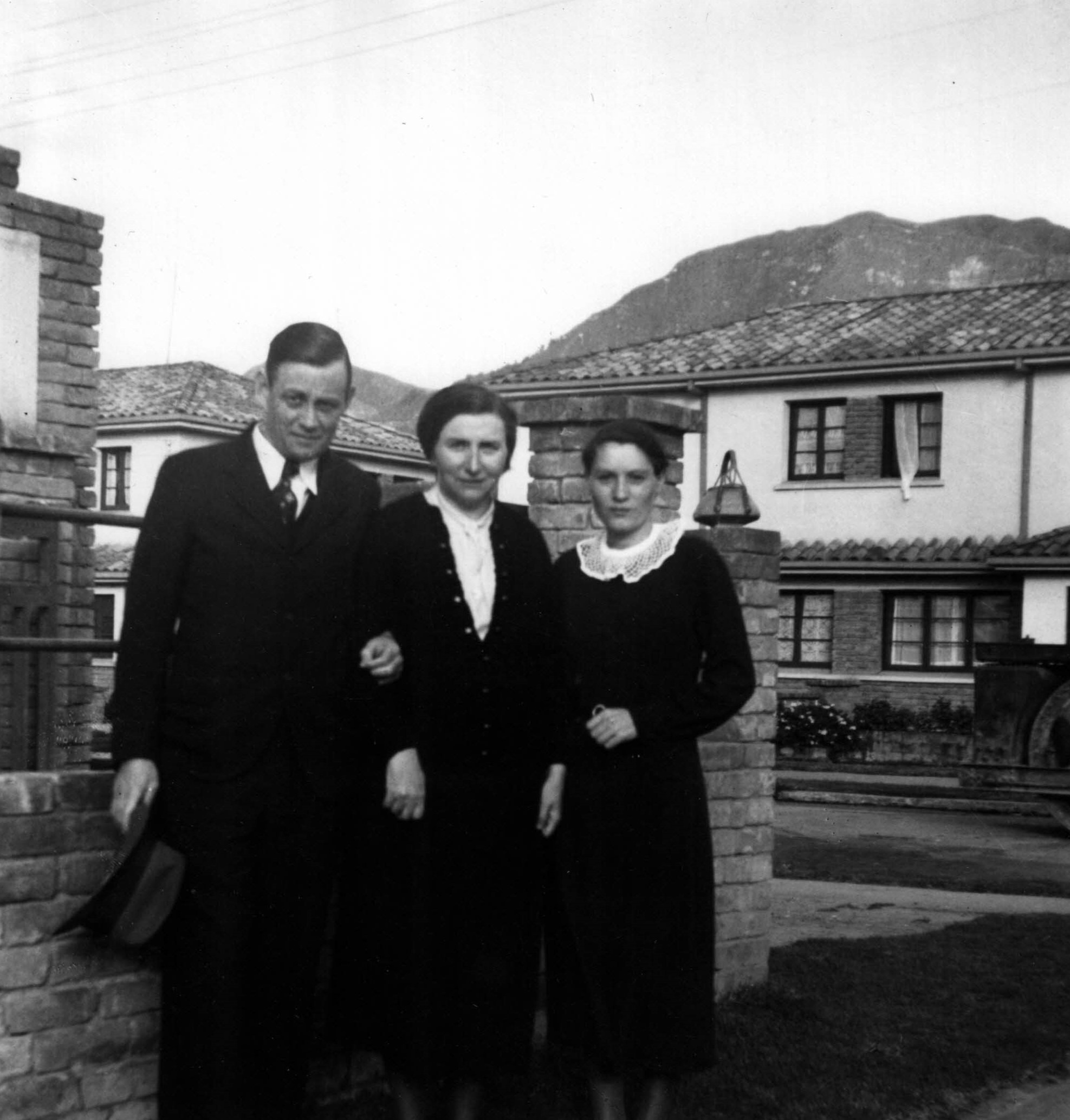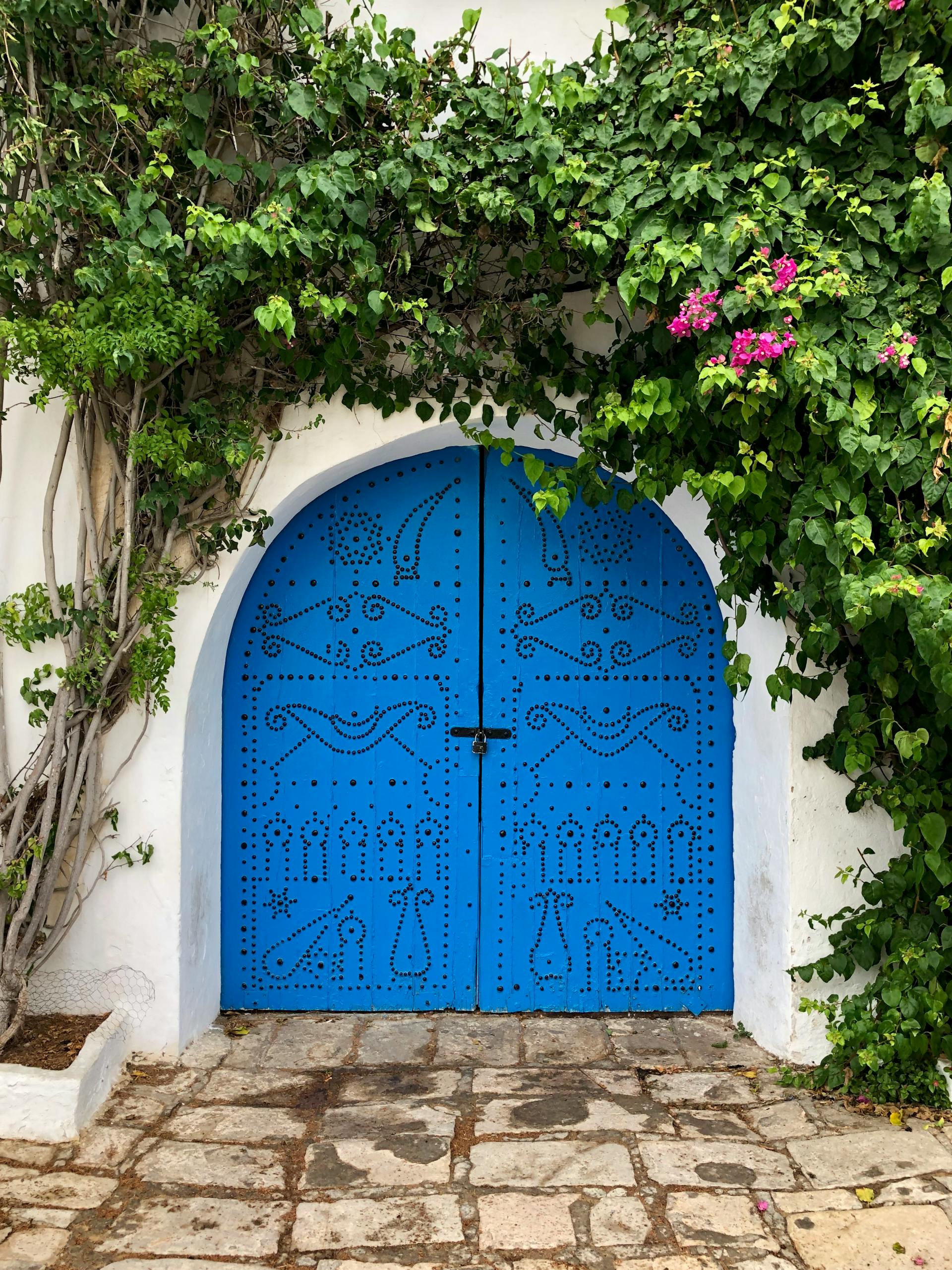In no other book of the Holy Scriptures are we led to approach such sacred ground, as is contained in the Book of the Song of Solomon. Certainly, we must take off our shoes of natural understanding and human reasoning, in order to have our minds renewed by the Holy Spirit, as we are led to comprehend the beauty and harmony that exist, in the intimacy between the Bride and the Bridegroom. Such sublime similes can only be expressed and understood by a revelation of the Spirit of God, that we might recognize the difference between the human and the Divine, as we contemplate the purity of the ardor manifested.
The Bride finds no flaw in Him. He is perfect, as we know. However, woven into His praise and adoration for her, we soon detect the threads of His frankness, in admonishing her to take note and be careful of that which would destroy their fellowship and communion. Chapt. 2:15. He cautions her to be very wary of the LITTLE FOXES that would spoil the vines. The small things that would bring about damage and destruction.
Their communion continues as they extol one another. He becomes exuberant in His expressions of love and admiration for her. Her lips are a scarlet thread, her teeth are a flock of sheep, her neck a tower of David builded for an armory, breasts like two young roes. She has ravished his heart with her eyes. Under her tongue are honey and milk and her aroma is the fragrance of fruits and spices of Lebanon. Such loveliness and harmony of colors and odors, can only be climaxed by likening her to a garden, “My Spouse is a garden.” All is there, fruit trees, flowers, spices, even a spring that should have been effervescent, bubbling with life; but alas, the garden is inclosed, barred, no one could enter. The spring obstructed, the fountain sealed. A sad picture indeed, considering the blessings but all withheld. No outflowing life. The mountains of Lebanon had been faithful in sending and their snowy waters into the streams and rivers that the fountain might be free and gurgling with blessings, but these same waters have become stagnated, not having any outlet. Let us take, for example, a public park, loaded down with benefits for the rich and poor alike. All is there, birds, flowers, fountains and trees, in the midst of a busy dusty city—but it is closed! No one can enter, or an oasis that has gone dry in the hot sandy bareness.
The Bridegroom is very tender and kind in naming and lauding all her attributes and virtues at first. In this way He has her whole attention to tell her, as well as what is lacking, making known unto her her need, with tact and love.
Does this not remind us of the individual messages given to the seven churches in the Book of Revelation? First they are commended for what is found to be praiseworthy, but the same Bridegroom of the Song of Solomon now has eyes with flames of fire, and He has penetrated to the depths of their hearts. He comments on their works, their labor of love, patience, poverty, tribulation, charity, yea even their faith, yet He has found them wanting. He told them to repent, to return to their first love or He would come and deal with them accordingly. Above all they were told to listen well and to take heed, striving for the overcomer’s place and recompense, which was to be given to those who would obey. Otherwise, they would suffer the consequences and loss.
The bride’s ears are open, she realizes her need and knows that something must be done at once or she will be in danger of losing her lover. She has done, naturally all she could. She needs a supernatural move of God. She calls out fervently being stirred to the very depths. Her Bridegroom must not be disappointed again. Hear her intense cry of soul and Spirit, “Awake, O North Wind, and come thou, South, blow upon my garden that the spices might flow out thereof,” God’s breath, the supernatural Breath of God.
That same breath that was needed, when Ezekiel was told by God to prophesy in a cemetery to the very dry bones. He did as he was commanded and bone came to bone, then sinews upon the bones, then the flesh and skin. All was there and in order, but no breath, no life. Then the “Thus saith the Lord;” “Come from the four winds, O Breath and breathe upon these slain (not upon a garden this time), that they may live,” and breath came upon the slain and they lived and stood upon their feet an exceeding and great army.” Ezekiel 9:10.
Again and again we see the futility of fleshly effort, fine churches with their fine organs and organizations. Good preachers and great Evangelists. Instruments of every description and without number, committees and on and on we could name the fleshly assets. Then we have the so-called more spiritual, who claim to have the gifts of the Spirit, prophesying to one another about this or that, in private gatherings on fuzzy territory, at times the supernatural of the enemy. Praise God, even though there are few gardens of the roots of carnality or flesh. Getting into shape for the Bridegroom. Here a little, there a little, line upon line, precept upon precept. Imploring Him to show them the hindrances. What about doing what the Bride did? Call upon the Wind of God. “O breath of God, come breathe upon my inclosed soul, my sealed spirit, that there might be a flowing out.” He is the only one who can release our best but limited efforts.
Joshua called or prophesied to the sun and the sun stood still and the moon stayed until the people had avenged themselves of their enemies. “Where is the Lord God of Elijah?” cried Elisha as he smote the waters and went over to dry ground. There were other prophets in his day, even a school of them, and they were even aware of what was going to happen to Elijah, but only one had the waters to obey him. Only Elisha received the double portion.
Reading further on in the Song of Solomon, the bridegroom has gone to His Garden, which is hers as well. What a different story now. The winds the bride called have obeyed and have breathed upon it. We note now that He can gather and eat and drink, but best of all He can invite others to enter and partake, abundantly. All of this has come about because the bride took the admonition of the Bridegroom in the right way and did something about it.
Beloved, let us take stock, let us hear His voice, let us take His admonition. We of ourselves cannot guess what we lack. He must show us. He is faithful and will show to His bride, His church of this our day, as we open our hearts for His all searching gaze that we may know His entire and perfect will.

